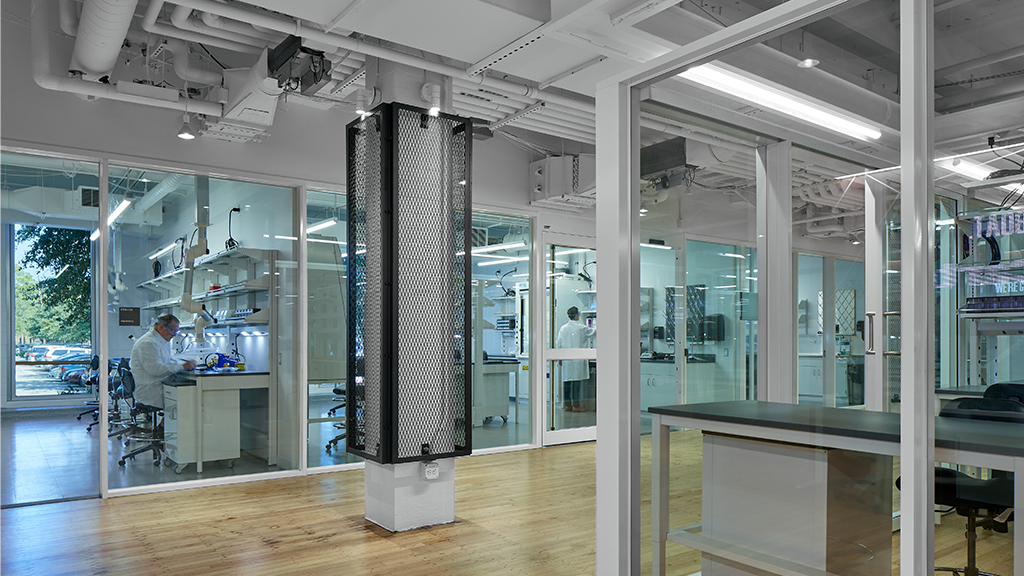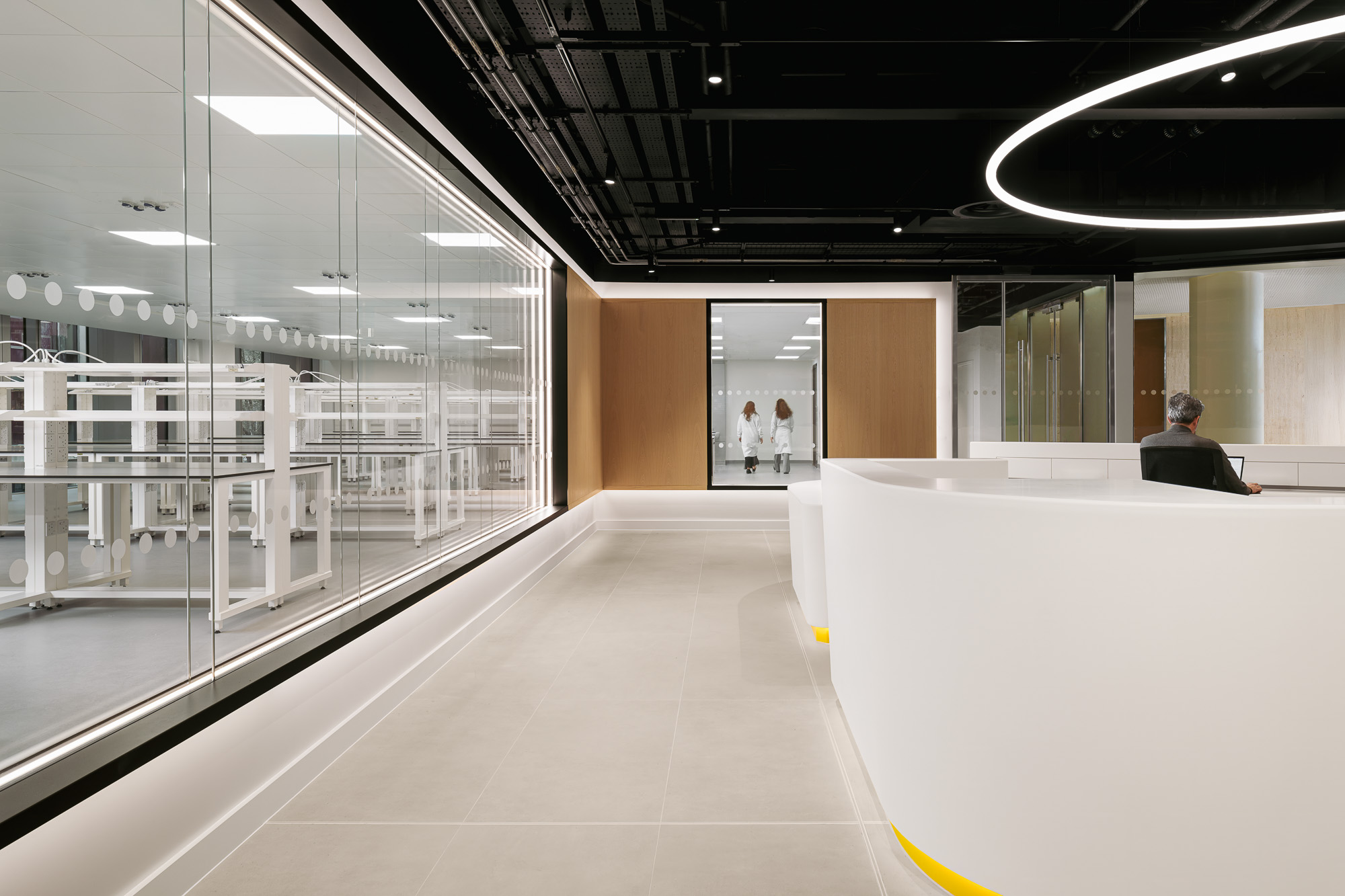
- 33,000-Square-Feet of Cutting-Edge Lab and Office Space
- CL-2 Wet Lab Suites for Advanced Research
- Central Community Hub Designed to Encourage Collaboration
- Modular, Flexible Design for Evolving Research Needs
- Biophilic Design Elements
- Sustainability-Driven Materials, Including High-Recycled Content Finishes
- Outdoor Terrace for Informal Meetings and Idea Exchange
- Branding and Environmental Graphics Inspired by the Crick Institute
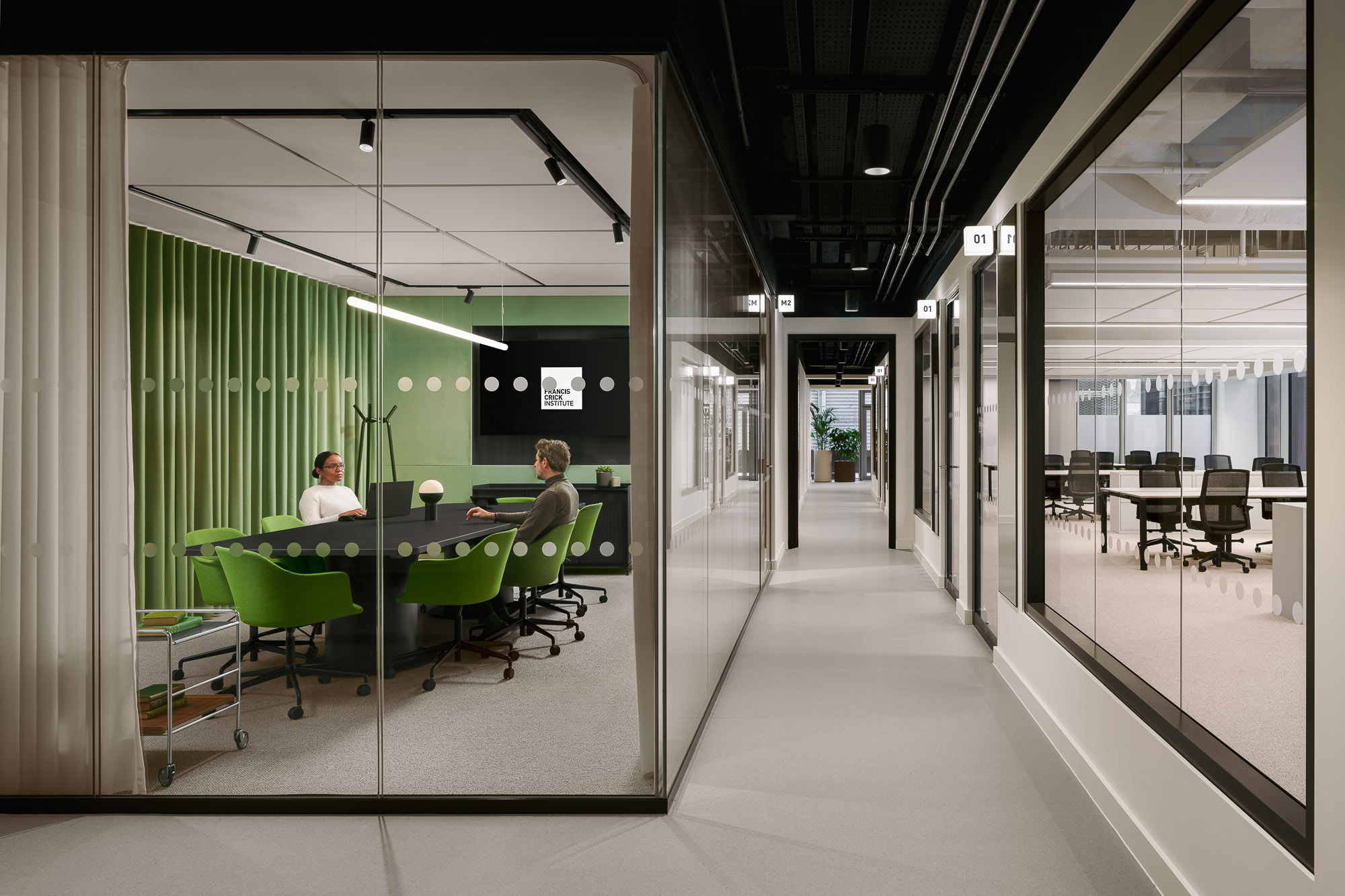
As London cements its status as a global leader in life sciences, the demand for high-quality lab space is accelerating. London’s Knowledge Quarter is evolving into a thriving hub where academic research, biotech start-ups, and industry leaders converge. This shift reflects the broader demand for adaptable, high-performance environments that foster collaboration, accelerate discovery, and support the city’s growing role in tackling global health challenges.
The 33,000-square-foot lab space at 20 Triton Street offers flexible, best-in-class facilities designed to foster collaboration and accelerate biotech advancements. Featuring CL-2 wet labs, modular offices, and shared amenities, Gensler’s design integrates the Francis Crick Institute’s expertise to create a highly adaptable environment that supports cross-disciplinary innovation within London’s expanding life sciences ecosystem.
This project strengthens London’s position as a world-leading life sciences destination, offering next-generation research environments for start-ups and established companies alike. By creating a dynamic, community-driven space, the new Crick-supported lab space enhances scientific collaboration, drives investment in biotech, and supports groundbreaking advancements in global health.
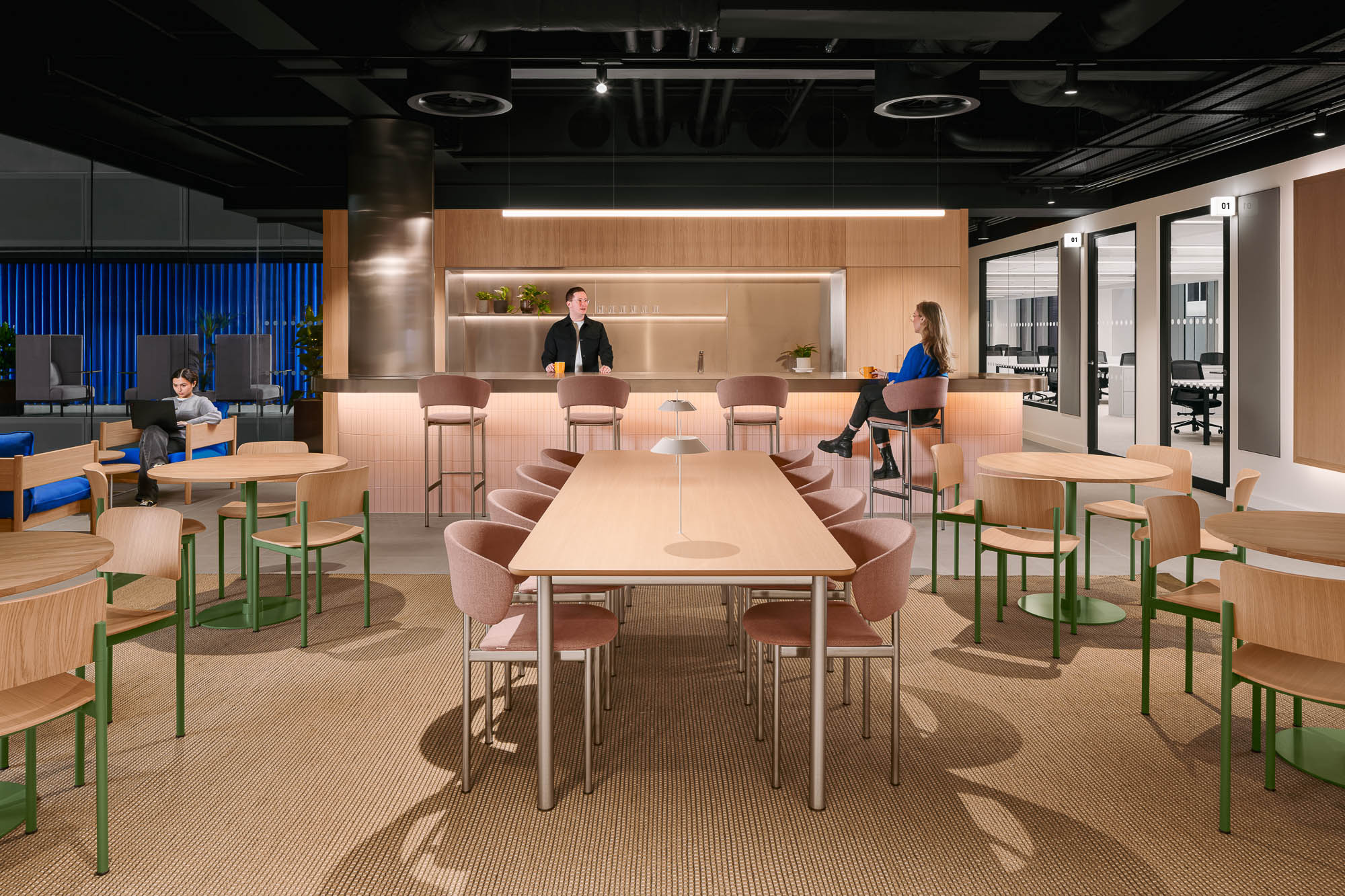
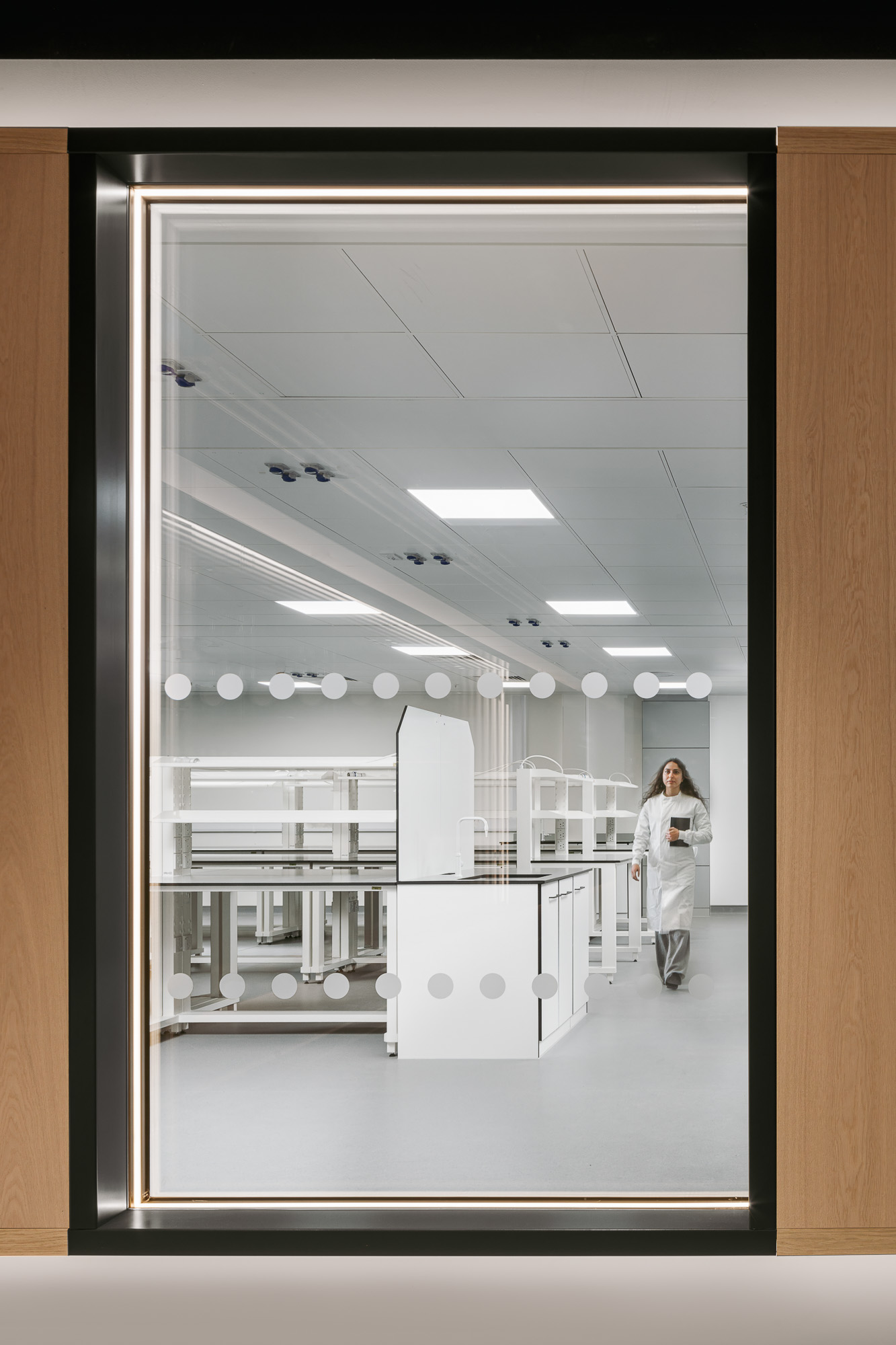
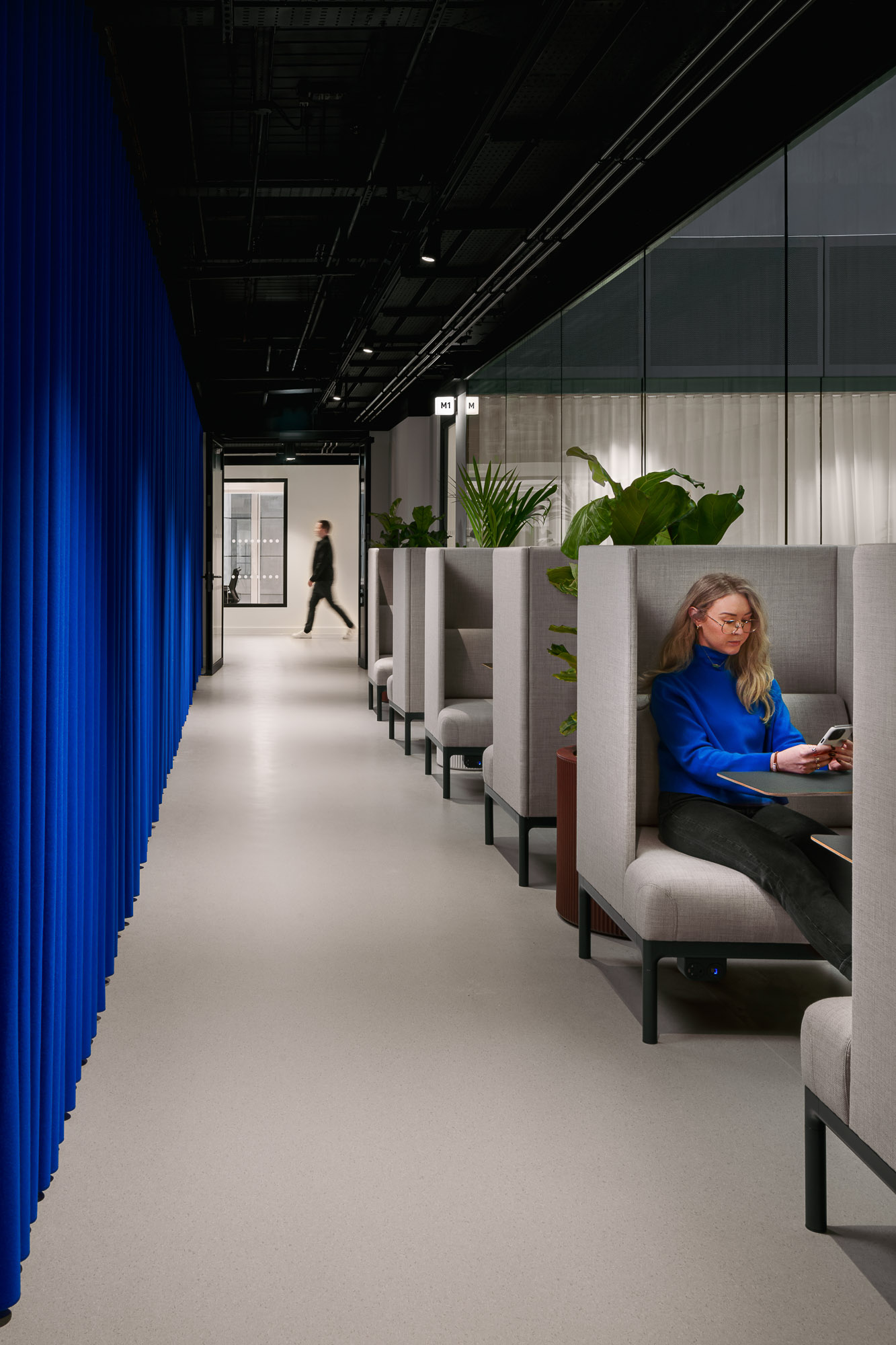
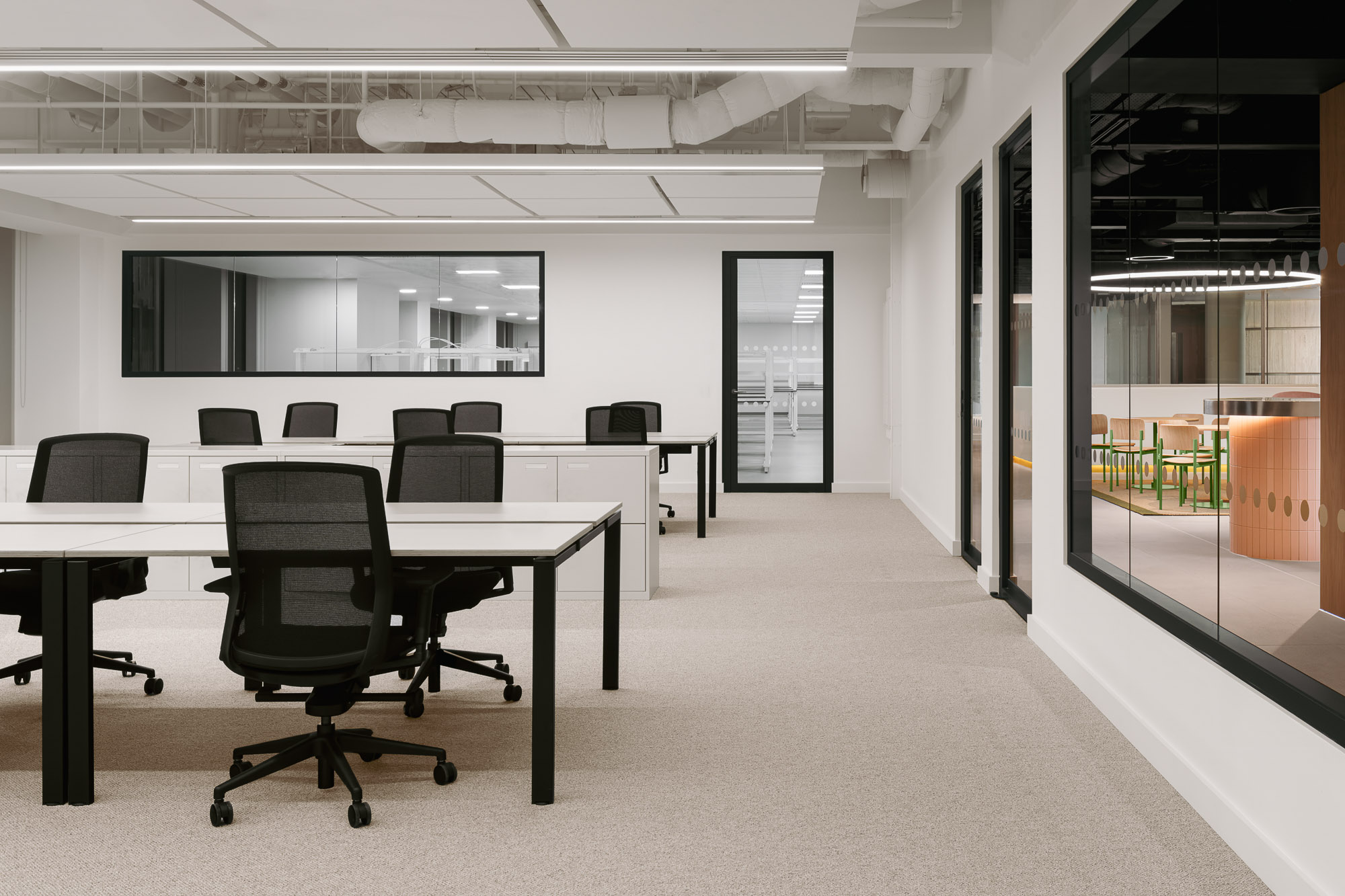
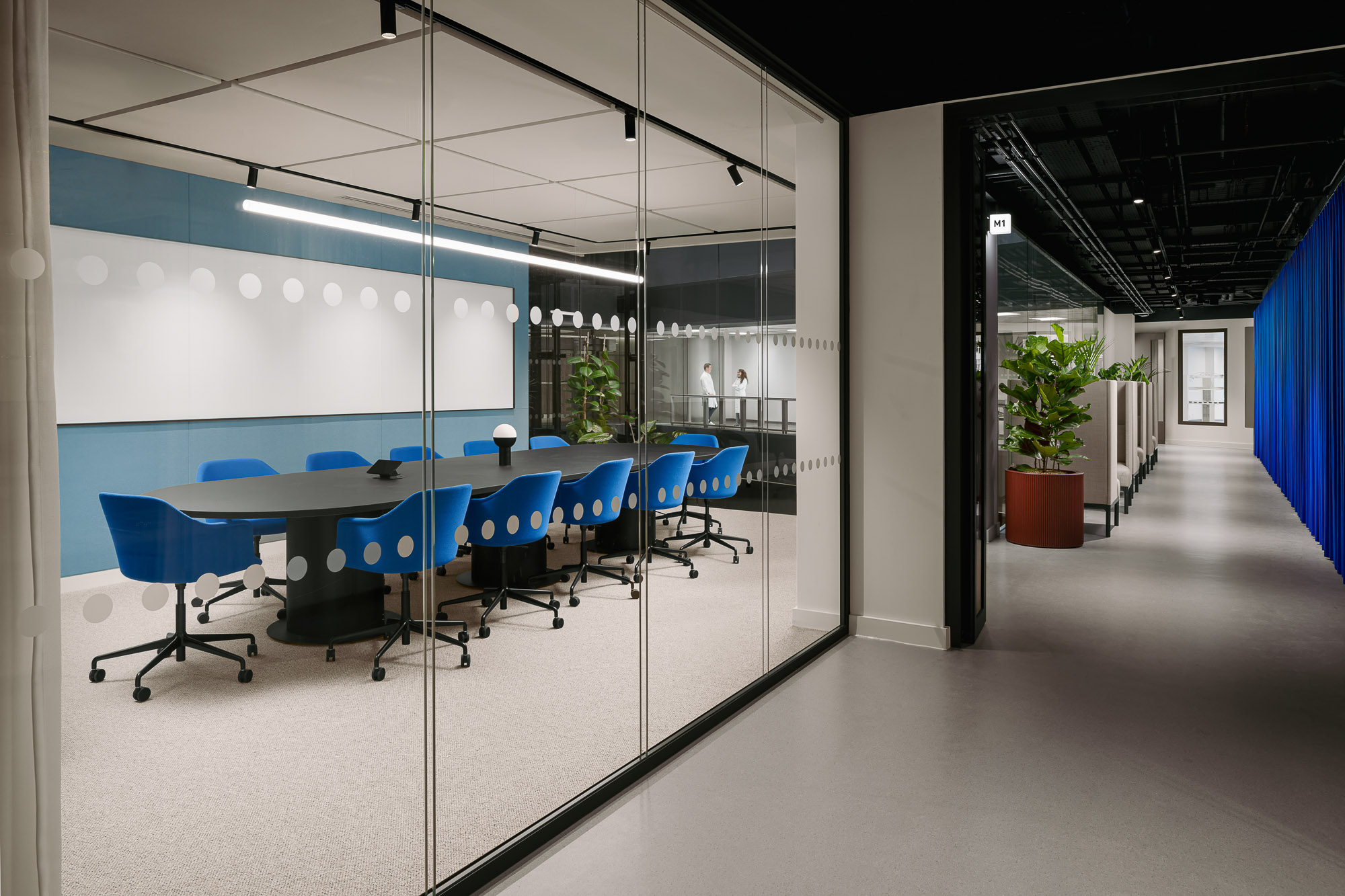
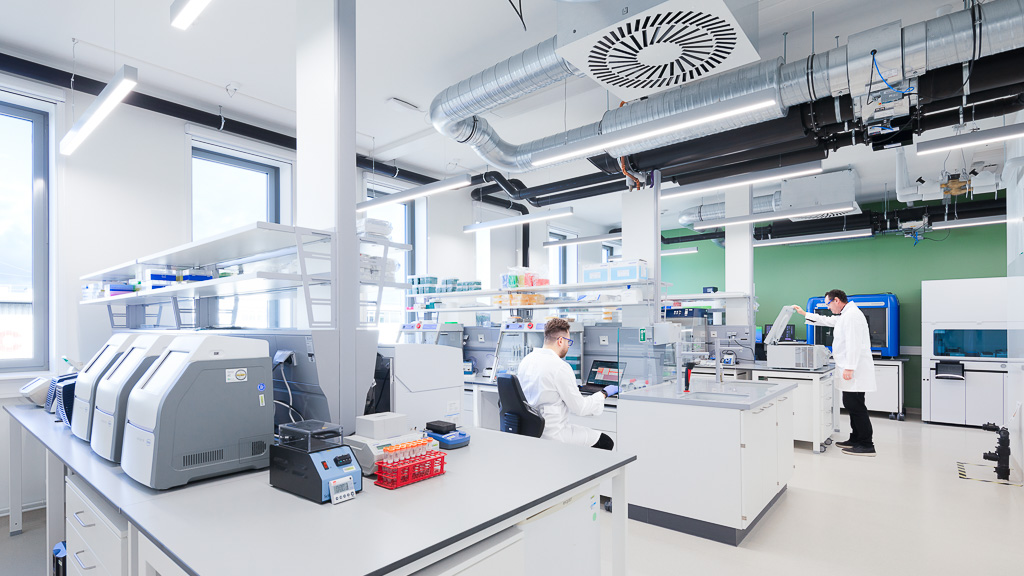
Roche
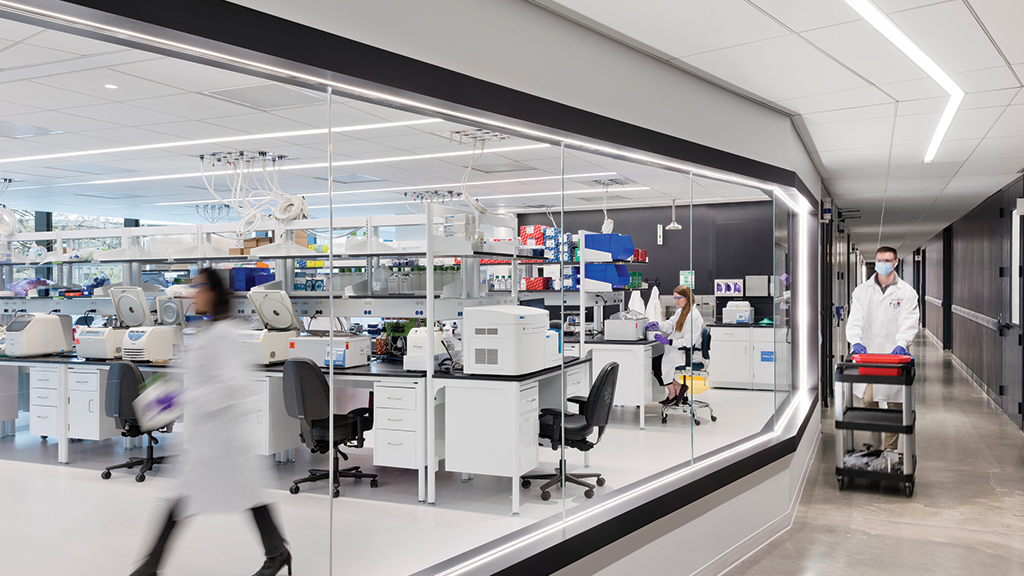
ElevateBio
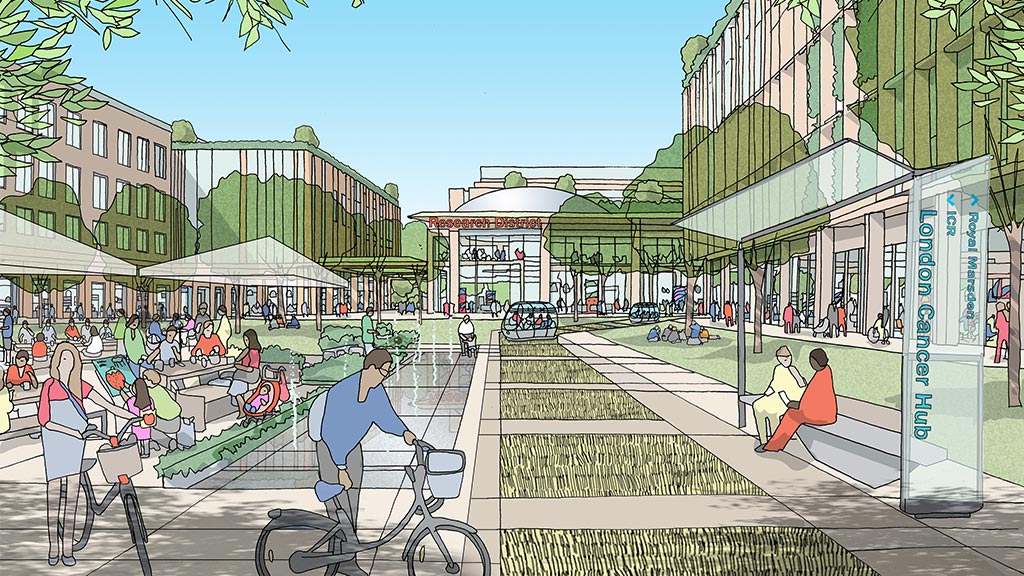
London Cancer Hub
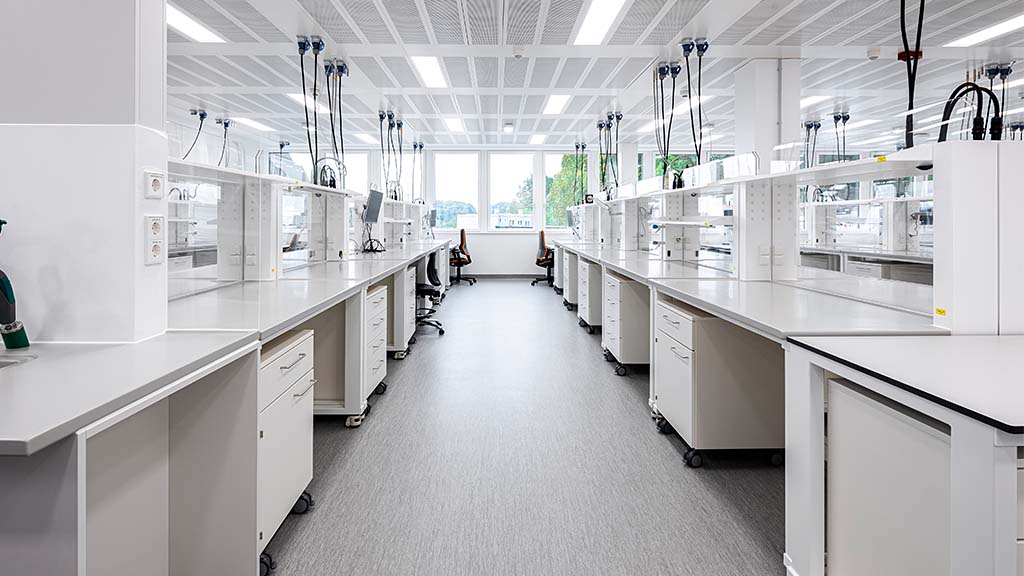
Confidential Pharmaceutical Company
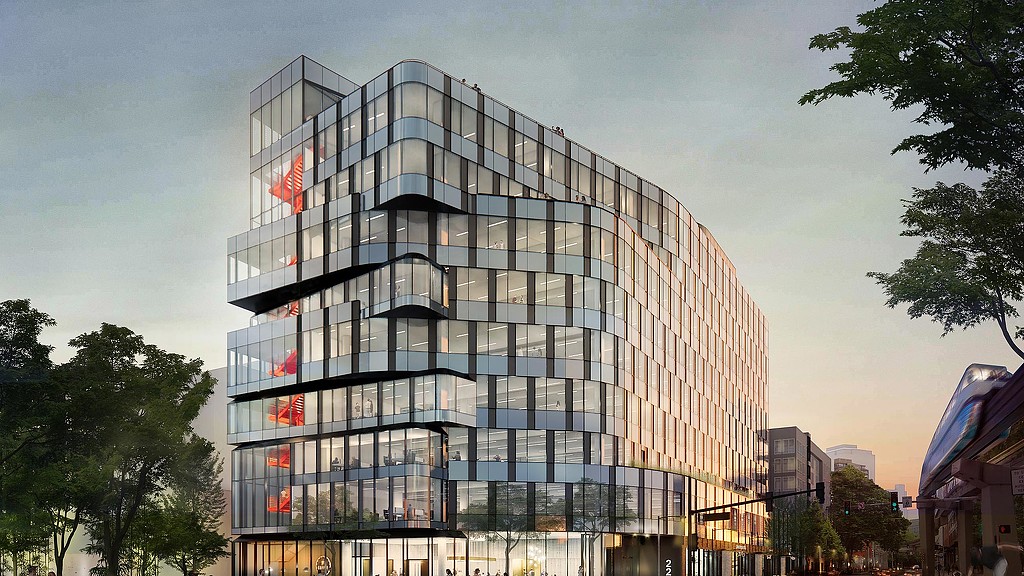
222 5th Ave N
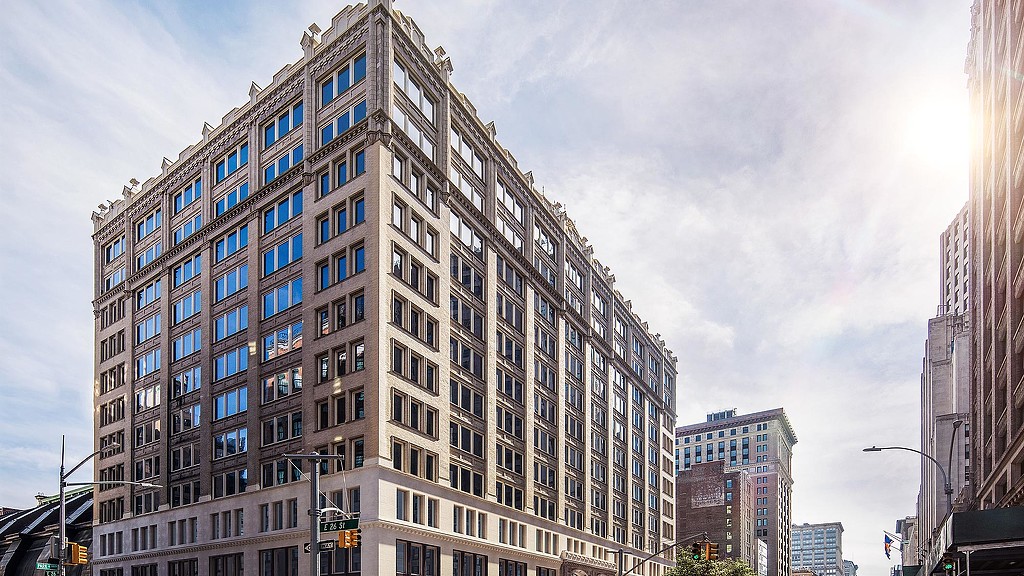
Deerfield Headquarters and CURE. Innovation Campus
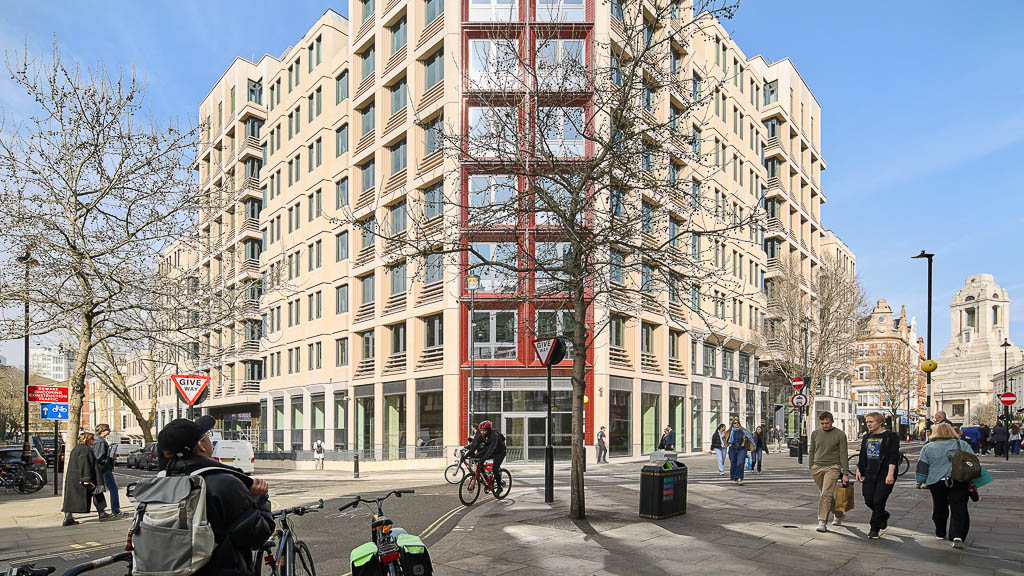
The Acre
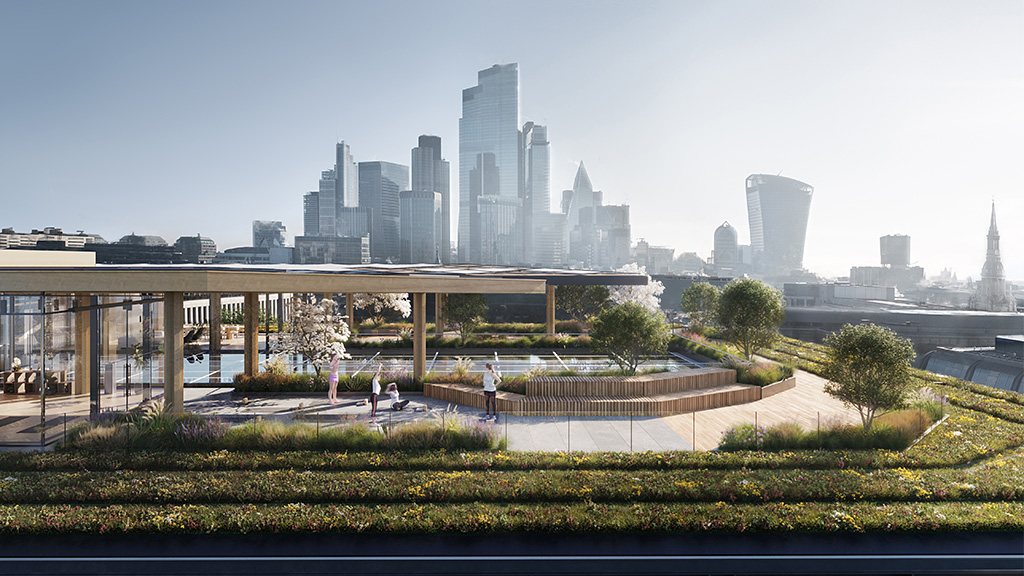
10 Gresham Street
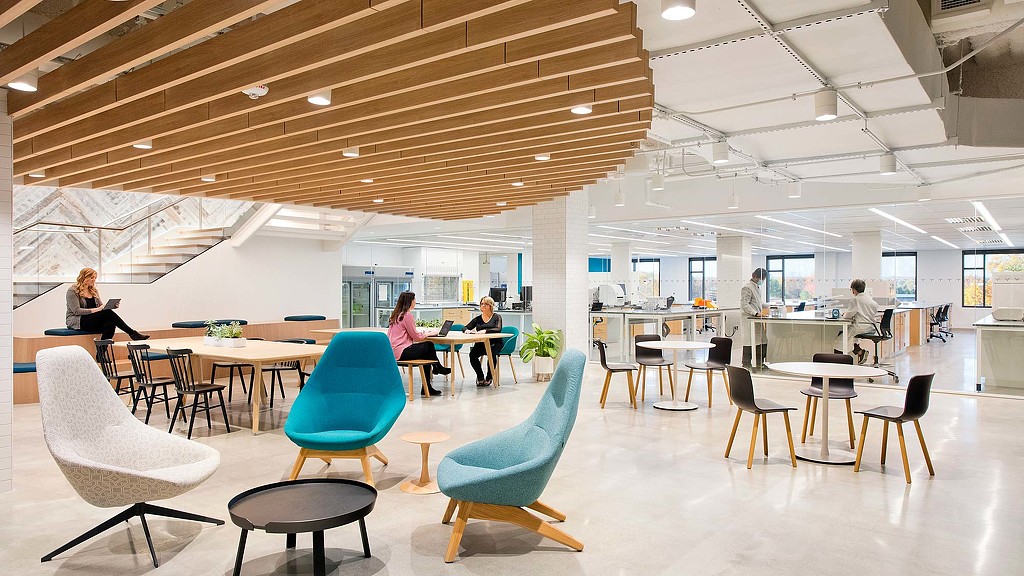
Genmab
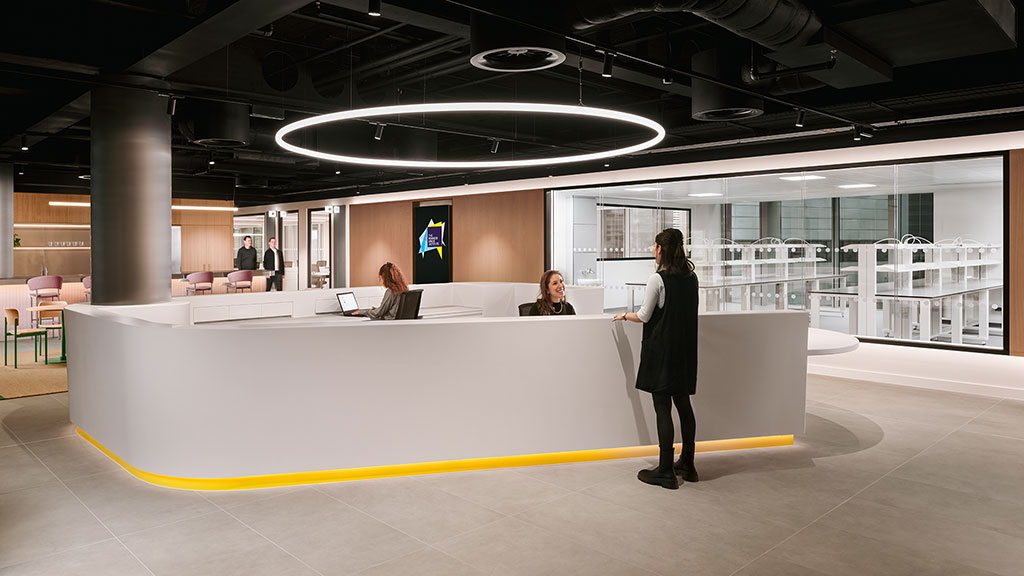
How Design Drives Innovation in Education & Science
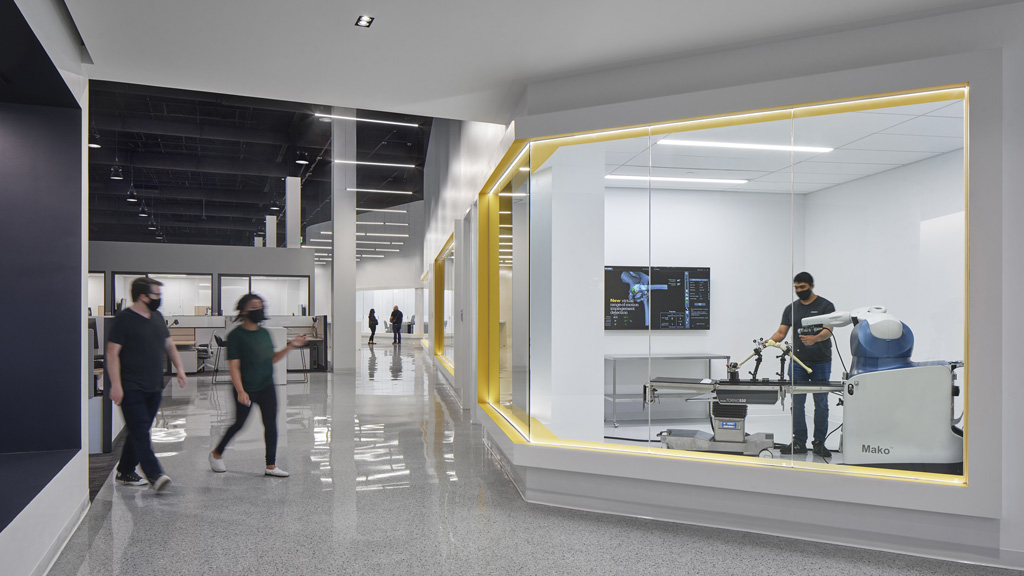
The Future of Lab Automation: Opportunities, Challenges, and Sustainable Design Solutions
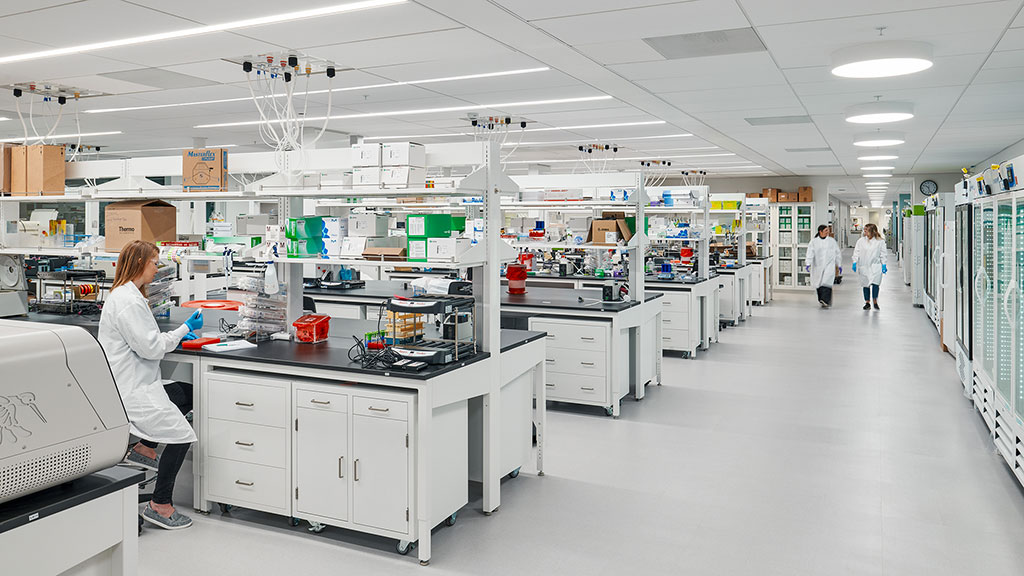
How AI and Emerging Technologies Will Transform the Future of Labs
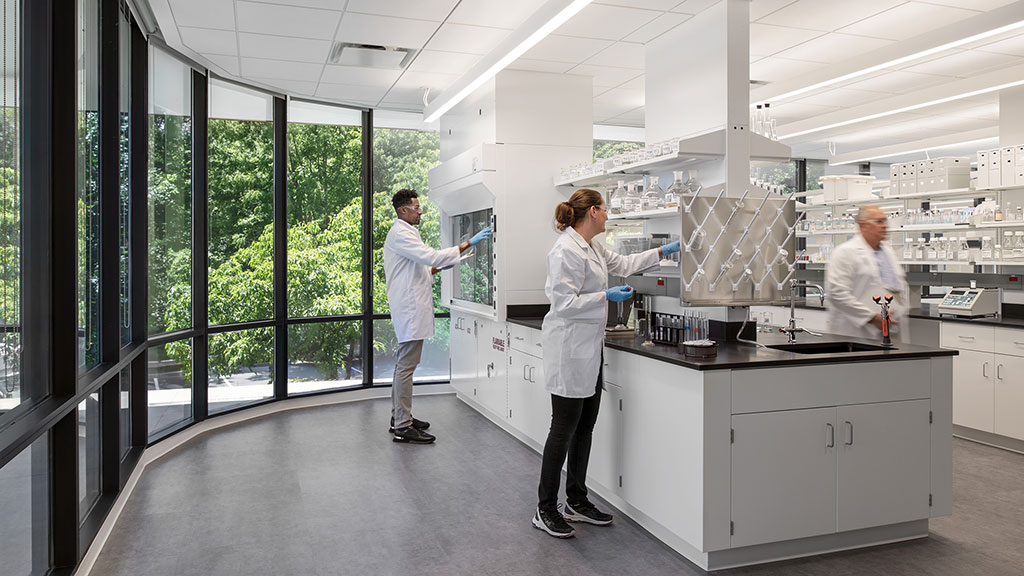
Design for Laboratory Resilience: A Compliance Approach to Climate Risk Assessment
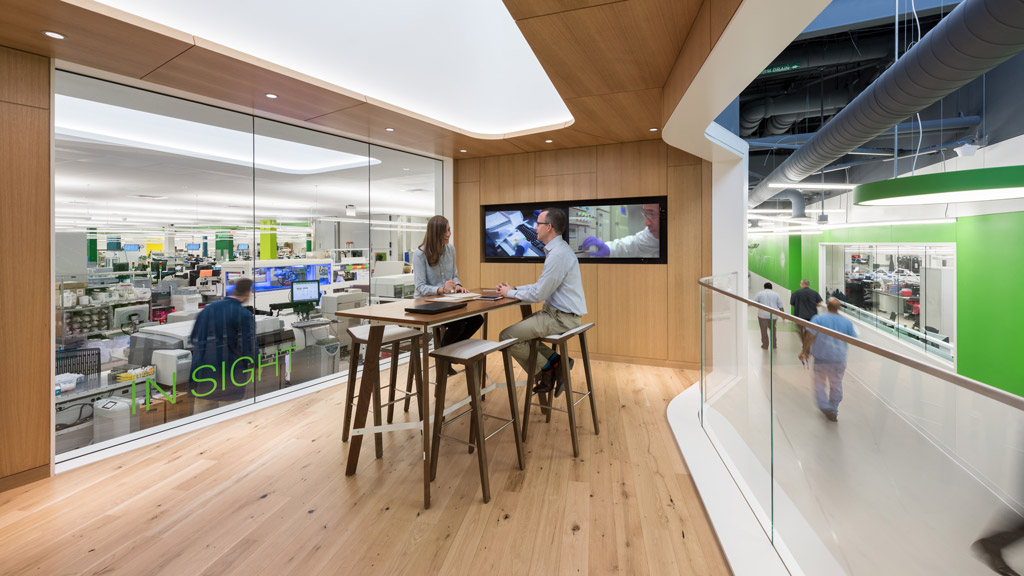
Using an “All-Spokes” Approach to Optimize Lab Space
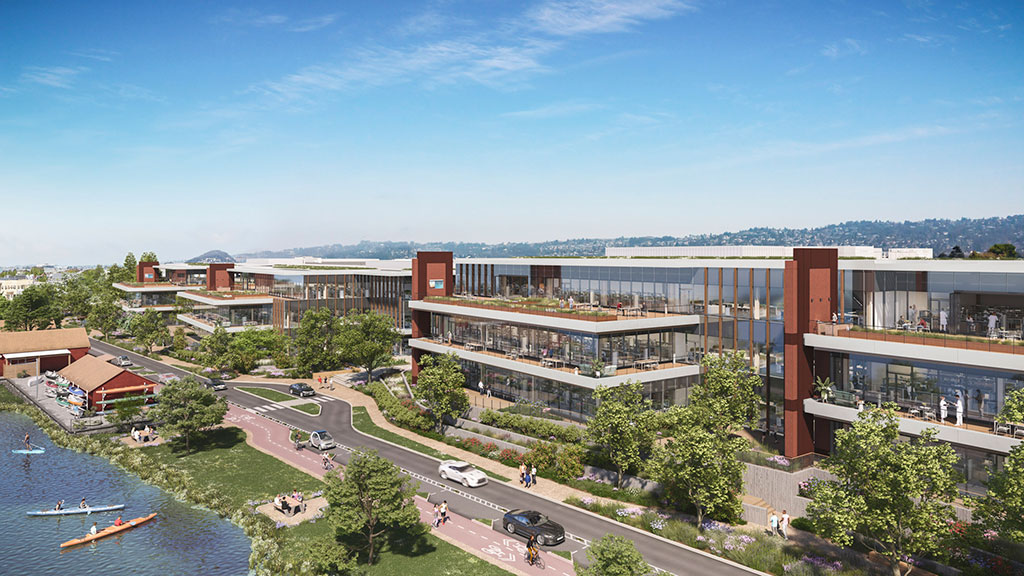
How Life Sciences Developments Can Redefine Urban Areas
